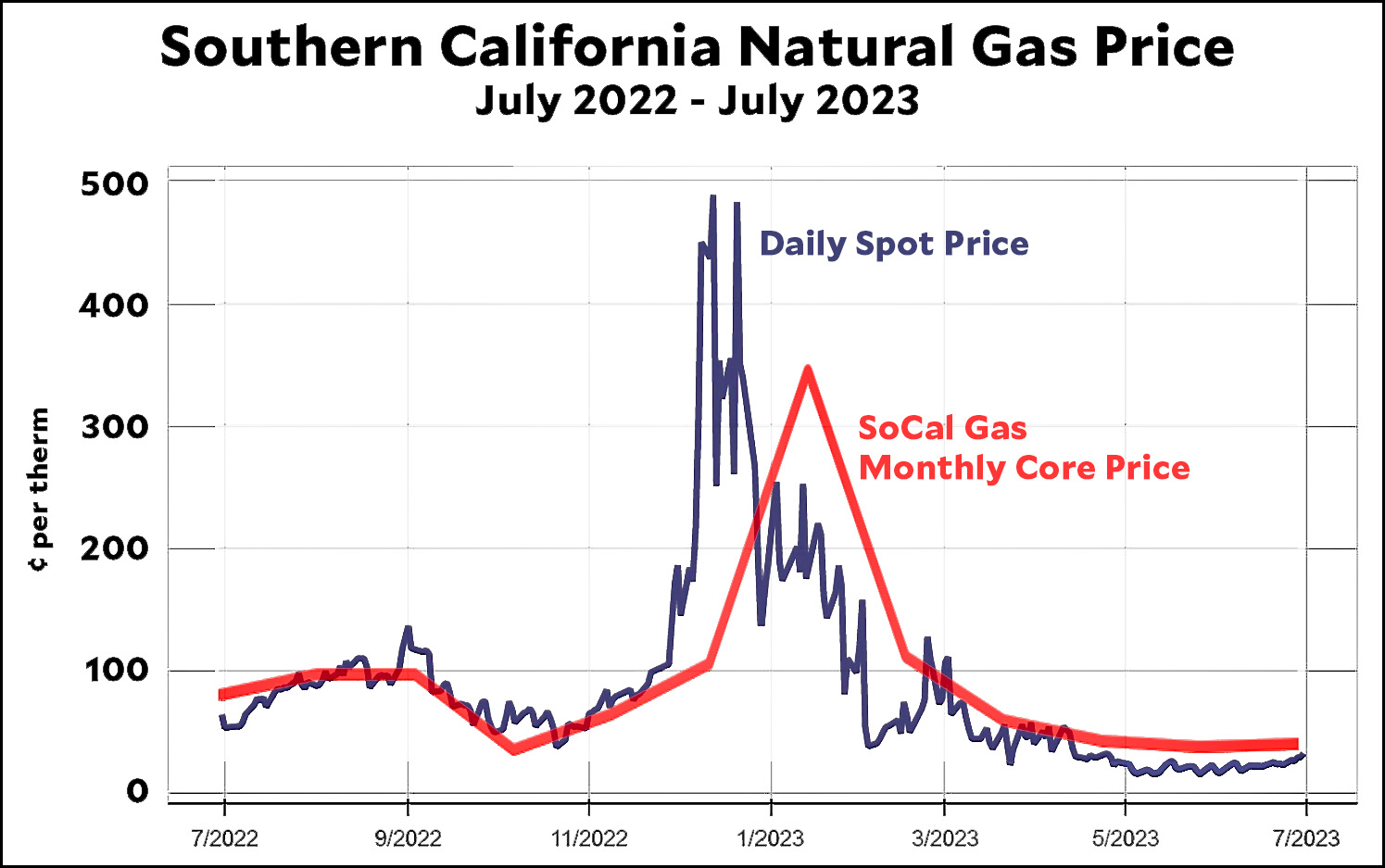I've been obsessing over an obscure part of the Supreme Court ruling on student loan forgiveness. The relevant text of the HEROES Act says the Secretary of Education can "waive or modify any statutory or regulatory provision applicable to the student financial assistance programs under title IV," but Chief Justice Roberts makes a startling claim about this:
The Secretary does not identify any provision that he is actually waiving. No specific provision of the Education Act establishes an obligation on the part of student borrowers to pay back the Government. So as the Government concedes, “waiver”—as used in the HEROES Act—cannot refer to “waiv[ing] loan balances” or “waiving the obligation to repay” on the part of a borrower. Tr. of Oral Arg. 9, 64.
Huh. Students have been paying back loans for many years under threat of late fees; credit score downgrades; garnishment of wages, tax refunds, and Social Security; and court action. Given this, it sure seems like the law must establish an obligation to repay loans. And yet Roberts not only says it doesn't, he says the government "concedes" this point. He points to oral arguments, so let's go there:
GENERAL PRELOGAR: The relevant decision memo specifically says, I hereby issue waivers and modifications of the relevant provisions of Title IV.
....JUSTICE BARRETT: And just to be clear, waiver in the statute refers to waiving the statutory and regulatory provisions, not waiving the obligation to repay?
GENERAL PRELOGAR: That's correct. So, if you kind of trace through the specific provisions that he invoked, they are statutory and regulatory provisions and they establish the terms of the student loan program and then also deal with discharge and cancellation authority. And he said that he was issuing waivers and modifications of — of all of those provisions.
So you have to "trace through" all the provisions. And what are those provisions? The Office of Legal Counsel said this:
The provisions requiring individuals to repay student loans are...set forth in the U.S. Code and the Code of Federal Regulations. See, e.g., 20 U.S.C. § 1087dd(c) (requiring loans agreements to “provide[] for repayment of the principal amount of the loan”); 34 C.F.R. § 685.207 (“[a] borrower is obligated to repay the full amount of a Direct Loan”); id. § 682.102 (“[a] borrower is obligated to repay the full amount” of a loan under the FFEL Program); id. § 682.209 (“Repayment of a loan.”).
And they are “applicable to the student financial assistance programs under title IV” because they direct how financial assistance provided under title IV should be repaid. The Secretary may accomplish the cancellation or reduction of student debt by “waiv[ing] or modify[ing]” these provisions.
Sure enough, this all seems legit. The first statutory cite says loans "shall" be governed by a note that "provides for repayment of the principal amount of the loan, together with interest thereon, in equal installments." The second says, "A borrower is obligated to repay the full amount of a Direct Loan, including the principal balance, fees, any collection costs." The third says, "Generally, the borrower is obligated to repay the full amount of the loan, late fees, collection costs chargeable to the borrower." The fourth says, "For a Consolidation loan, the repayment period begins on the date the loan is disbursed [and so on for other types of loans]."
So Roberts is being pretty disingenuous when he says repayment can't be waived because there's no payment requirement in the first place. This is too clever by half. As common sense dictates, of course the law says loans have to be repaid—multiple times. This is true even if the repayment requirement isn't directly adjacent to other provisions and even if repayment happens to be to a third party servicer rather than directly to the government.
This kind of game playing makes me less sympathetic to Roberts's overall argument that "waive or modify" was never meant to be so expansive as to include outright cancellation of student loans. If his case were as strong as he thinks, he wouldn't need to include this kind of nonsense. But I still think the decision overall is a close call.






